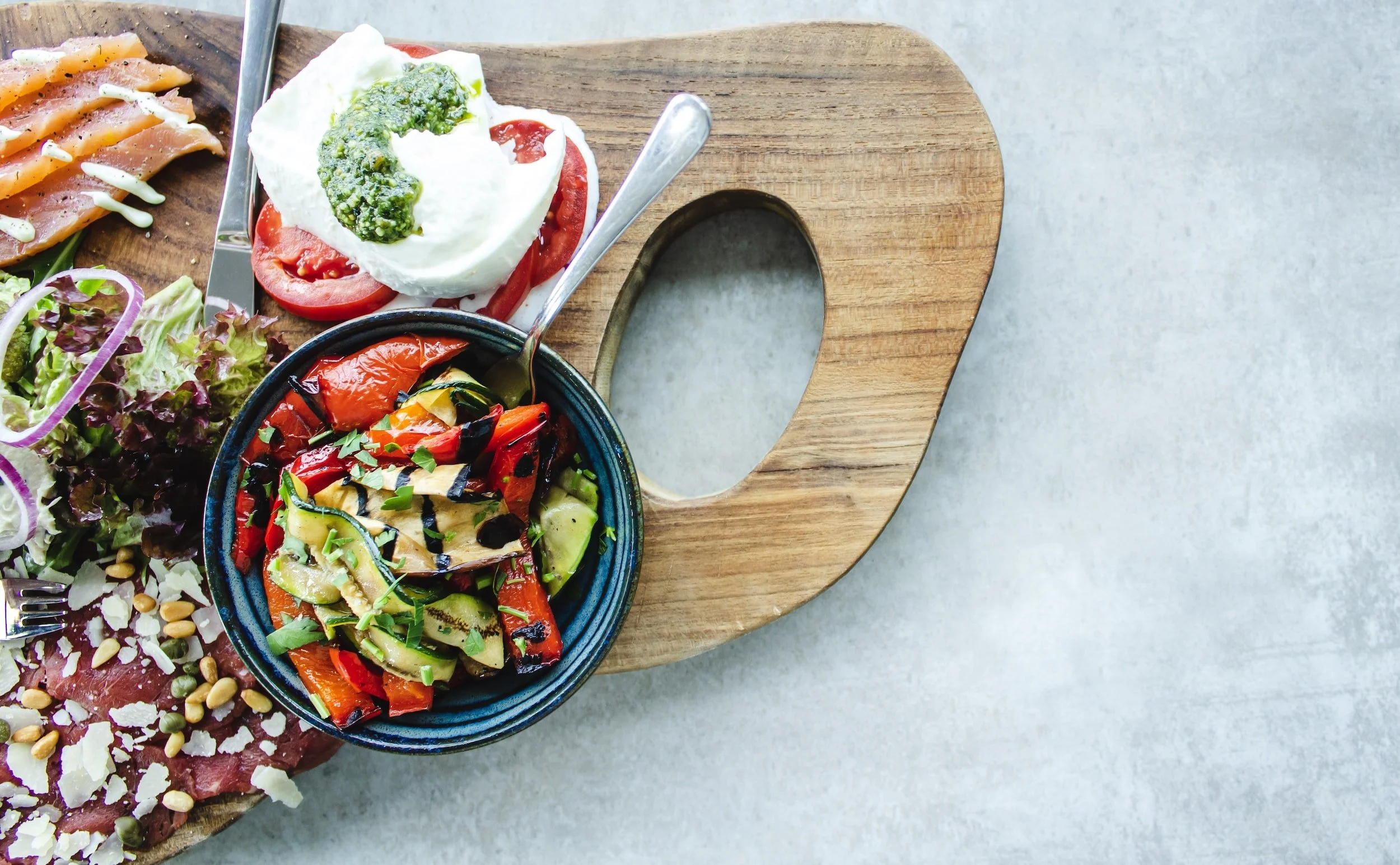Affordable Nutrition Strategies
What is Nutrition?
Nutrition is the science of how we obtain and use food to support internal functional processes required for living. Nutrients are substances in foods used by the body for energy, maintenance of body structures, and regulation of chemical processes that take place in our bodies to function properly.
Why is Proper Nutrition Important?
Through many expert studies it has been agreed upon that nutrition has a powerful impact on health and disease. Developing nutrition habits that include foods in your diet that give essential nutrients to your body can promote optimal vitality – as well as decrease and possibly prevent the onset of chronic diseases.
Strategies Matter!
While having the knowledge of what nutrition is & why it is important – many people find it challenging to develop a strategy of how to adapt affordable nutrition habits & that is what we are going to focus on today!
Being intentional and mindful about food shopping and food preparation develops habits that are financially friendly.
Decide to prepare meals at home vs. ordering take-out.
While this sounds like an idea that may be addresses repeatedly among several communities. Preparing your food at home vs. eating out can save large amounts of money throughout the month. Forbes published an article that compared the cost of eating out to buying meal ingredients and preparing the same dish at home & it was $20-$30 more per meal (depending on the entrée) to eat the same dish at a restaurant that could be prepared at home.
2. Shop with Intention
To be successful with the strategy to prepare meals at home we have to be intentional about our shopping habits when visiting food markets.
Understand your goal for the week. If you have a goal to eat nourishing foods because you are on a personal wellness journey, you want to be sure that you are purchasing items that are going to support that goal vs. purchasing items that could take you away from reaching wellness goals. We tend to eat in our homes what is going to readily available. So if there is fresh fruit available as your snack, that will make it easier to choose when you are hungry.
Create a grocery list. Before going into the store to shop, create a list of exactly what you need. This will help you focus on purchasing only what you need to make it through the week for food. Resist the urge to purchase things that could take you away from your goals fiscally and well-being.
Do not overspend on organic. Many fruits and vegetables are already in their most organic form. While some organic fruits and vegetables have been said to be grown in the purest of soil, it has been reported that some companies have the ability to use “organic” for marketing without having a test of soil that separates it from the average produce growth process.
https://www.cheatsheet.com/culture/clean-foods-you-dont-need-to-buy-organic.html/
https://www.health.harvard.edu/healthbeat/are-organics-worth-it
https://www.detroitnews.com/story/opinion/2018/09/20/organic-label-misleads-consumers/1347314002/
3. Prepare meals in advance.
Preparing meals ahead of time gives you an advantage to have something readily available to you when you are hungry. If there is food already prepared this will help resist the urge to order take out.
Pack a lunch for work. Many have returned to the office and if we do not prepare what we are going to eat in advance it can be very easy to order takeout while at work. Being intentional about preparing ahead of time what to eat during the day will make a difference in spending on food throughout the week.
4. Re-Evaluate if Bulk Purchases are Needed.
While buying in bulk can be helpful for household items, there are times we purchase food in bulk and if it isn’t stored properly it can spoil before we have the chance to prepare it. Evaluate the eating habits of your household. Are bulk purchases of produce needed? Fresh produce tends to spoil quickly so if it isn’t eaten within a certain amount of days and it spoils that is money that could have been saved. It may be better to buy smaller portions that can be eaten throughout the week.

